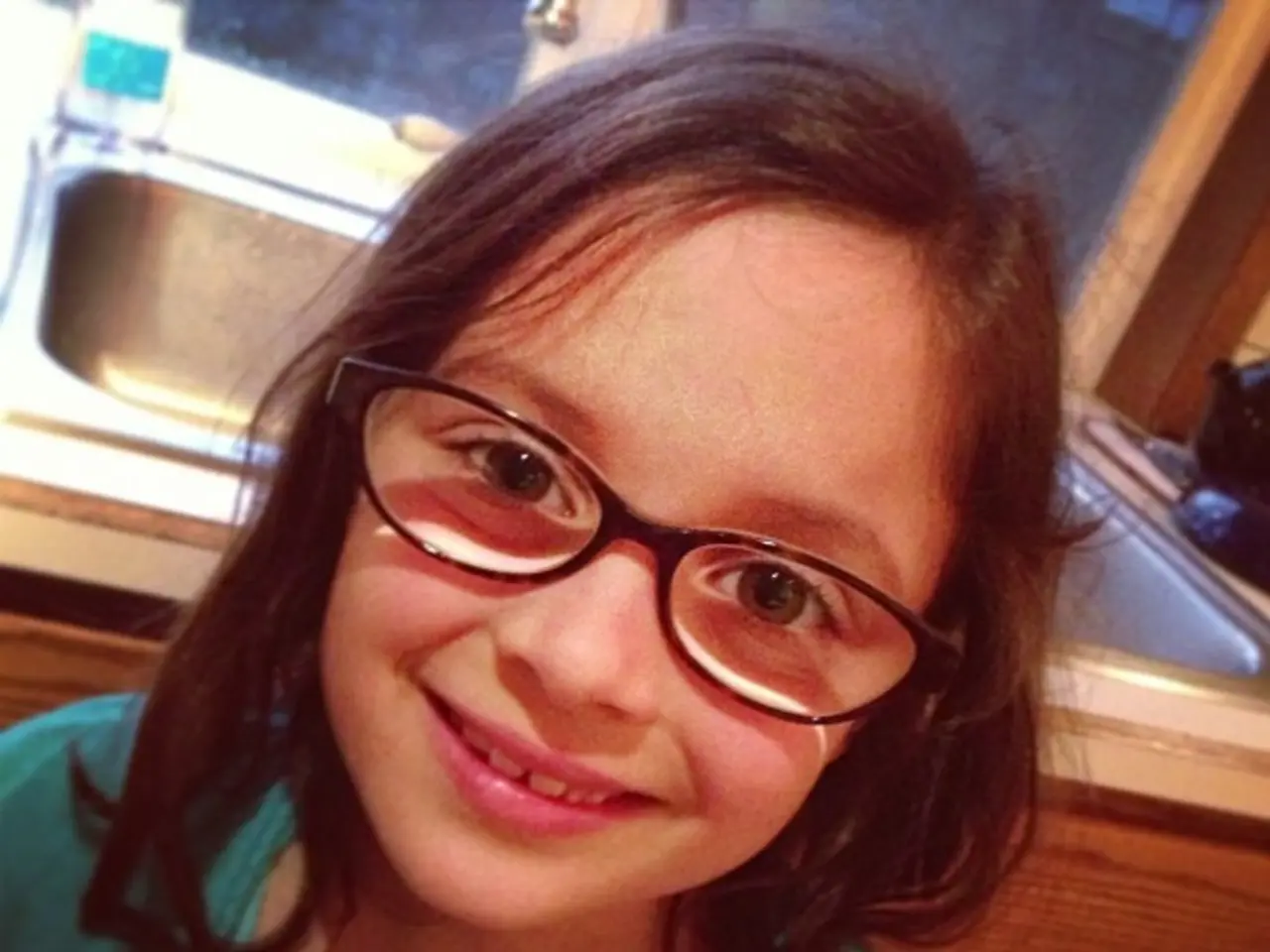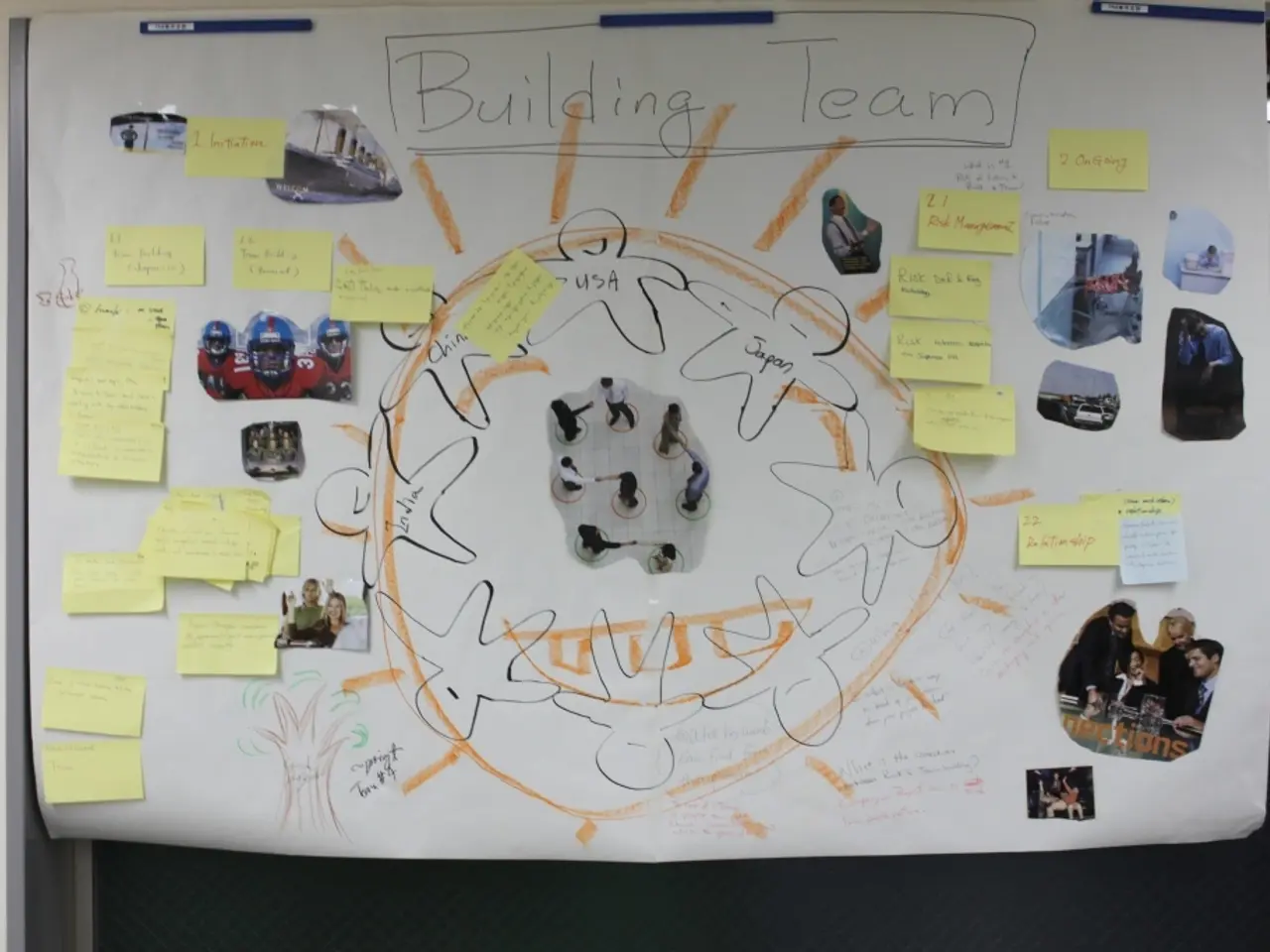Young child receives cosmetic alteration through surgical procedure
In the heart of Kazakhstan, a remarkable medical achievement has taken place at the Scientific Center of Pediatrics and Children's Surgery in Almaty. A three-year-old patient named Nurdaulet, who was born with a congenital defect known as esophageal atresia, has undergone a 5-hour esophagus plastic surgery, a procedure known as esophagogastroplasty.
Nurdaulet's mother, Asekgul Kuandykov, was informed of her son's diagnosis immediately after his birth. For three long years, Nurdaulet was fed through a tube, but now he is eating regular food, similar to other children, a moment his family has been eagerly waiting for.
The unique operation involved transplanting the entire stomach to replace the esophagus. This differs from traditional esophageal replacement surgeries in children, which often use segments of other tissues—such as colon or jejunum—to create a new esophagus when the native esophagus is absent or nonfunctional. Esophagogastroplasty typically mobilizes and reshapes the stomach and anastomoses it to the remaining esophagus, effectively extending or reconstructing the esophagus with stomach tissue.
The esophagogastroplasty is considered more complex due to the delicate nature of children's digestive systems. However, this approach can preserve blood supply and reduce the complexity of the operation compared to full replacements. The professionalism of local specialists at the center has enabled young Kazakhs like Nurdaulet to overcome severe diseases.
The operation on Nurdaulet was performed by Senior Pediatric Surgeon Nurlan Akparov, and the news was reported by Almaty.tv, with Dana Kilibaev and Medet Samatuly as the reporters. The Scientific Center of Pediatrics and Children's Surgery in Almaty performs around 600 cardiothoracic surgeries a year, and the surgical department of the same center performs over 1000 surgeries annually.
Two weeks after the complex operation, Nurdaulet's condition is stable, and his mother is overjoyed about the outcome. The news of Nurdaulet's successful surgery serves as a testament to the advancements in pediatric medicine in Kazakhstan and the dedication of the medical professionals working tirelessly to save young lives.
Science has played a significant role in Nurdaulet's recovery, as he underwent an esophagogastroplasty, a complex medical-conditions treatment, at the Scientific Center of Pediatrics and Children's Surgery in Almaty. This health-and-wellness breakthrough allows Nurdaulet to eat regular food and experience life more like other children, following years of being fed through a tube.




